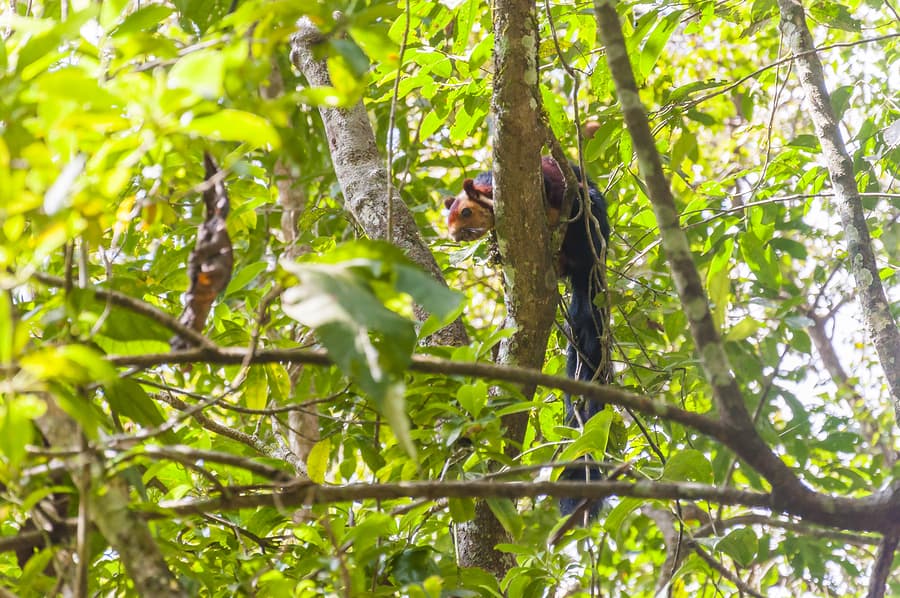I’m not a young person anymore, but please forgive me for referencing the incredible comedienne Joan Rivers, when I ask “Can we talk?”
I have worked in TA for 25 years now, and on top of doing my day job, I’ve worked tirelessly to help TA as a specialty to be taken seriously. This means establishing credibility for the profession, which is no easy task, but one I feel that we ourselves as TA leaders and practitioners can at times hinder ourselves in doing.
So I wanted to talk, to share some observations and concerns with the jargon we employ and the negative ramifications of that jargon, and get your thoughts.
Can we talk about a term that has been bugging me for 22 years? In 1997, McKinsey first coined the phrase: “The War for Talent.” As a veteran it’s a tough one for me to hear. The truth about war is that it is a horrible, brutal, ugly thing. It leaves people (soldiers and civilians) broken, or dead, and changed in ways that for many are unimaginable. Nothing I do in TA compares. Nothing. So why do we feel that it is all right to liken what we do to a war? Additionally, I also truly want TA to be an inclusive field, and having many friends who are fellow vets, I know they chafe at the term as well. There has to be a better way of discussing the tight market and competition for talent, that doesn’t invoke war, right?
Speaking of inclusivity, that is a great segue into another term I hope we can talk about, and that’s the title of “Ninja.” I know that it is a popular title or term of reference for the type of work we do, but it feels like we’ve whitewashed the term to make it fit our simplified ideal, which is pretty much the definition of unfair cultural appropriation.
This may be seated in our lack of really understanding of what a Ninja was. They were not the stealthy heroes of 1970s cheesy kung fu movies. Ninjas were assassins, mercenaries, terrorists, and arsonists. They accomplished their missions through terror and deception. I’m not sure if that’s how I want to represent what I do or how I do it. Now, I personally don’t feel comfortable whitewashing the actual definition to conform to my historically inaccurate ideal, or redefining what a part of another cultures history “should” be, so I ask myself, what better, more appropriate, and respectful term can we use?
Finally, since I know humans love things in groups of three, I would ask that we reconsider the term “purple squirrel.” It is a nonsense term, no more valid in a business setting than referencing a jubjub bird or a jaberwock. I have always had an expectation that leaders and experts will “give it to me straight,” and those I respect have always done that. I’m not sure this term gives us that freedom, since it is 100 percent impossible to find an actual purple squirrel (apologies to the Malabar giant squirrel that may have small patches of purple, of course), because like the above mentioned jubjub bird and jaberwock, they 100 percent do not exist. Since it is not a real thing, when we say “we’re going to find that purple squirrel” it can sound a little “used car salesy” because we are replacing an actual fact with an overly dramatic idiom.
What are your thoughts? Am I way off? Right on? Should we do better and replace these terms? What terms get under your craw? Comment here or on Facebook.
